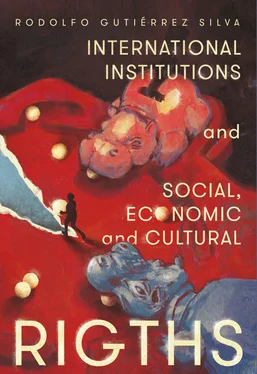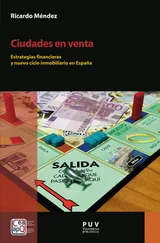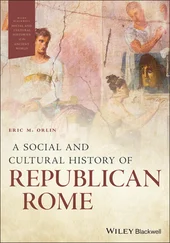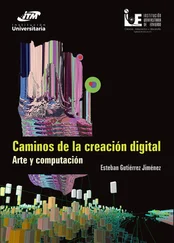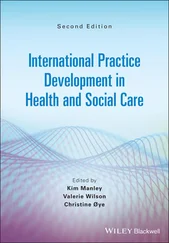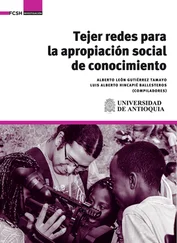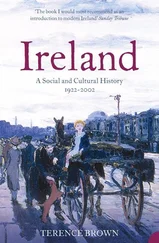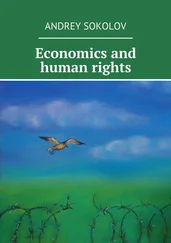Preface
INTRODUCTION
RECURSIVE RELATIONSHIPS AND MUTUAL RECOGNITION
Introduction
The Emergence of the Individualistic Security State in Latin America
The Emergence of the Latin American Agency
Objective Recursivity and Subjective Recursivity
Conclusion
Bibliography
IMPROVEMENTS ARE BOUGHT AT THE PRICE OF SOCIAL DISLOCATIONS. TO WHAT EXTENT DO POSTWASHINGTON IDEAS AND PRACTICES OF DEVELOPMENT TAKE POLANY’S WARNING INTO ACCOUNT?
Introduction
The Great Transformation, Improvements, and Social Dislocations
The dislocations of the Washington Consensus
The PostWashington Consensus in theory according to the World Bank
The Post-Washington Consensus in practice and the rise of social dislocations
A solution to the dislocations the Post-Washington Ideas
Conclusion
Bibliography
SOCIAL SECURITY AND SOCIAL JUSTICE
Introduction
ilo on Social Security
International Covenant on Economic Social and Cultural Rights
The World Bank on Social Security
High levels of Inequalities
Conclusion
Bibliography
A WALL THAT PROTECTS INTERNAL ENDS
Introduction
The Growth of Accountability Mechanisms
The World Bank Inspection Panel
International Finance Corporation
Asian Development Bank
Claim heard by the ifc (the Case of Chile)
Claim heard by the Inspection Panel (The case of Bangladesh)
Conclusion
Bibliography
THE IMPACT OF THE CARTAGENA DECLARATION IN LATIN AMERICA – THE CASE OF ECUADOR
Introduction
The Cartagena declaration
The Mexico Plan of Action
The Situation in Ecuador
Latin American Action Plan
Conclusion
Bibliography
NON-CONTRIBUTIVE PENSIONS FROM A HUMAN RIGHTS PERSPECTIVE. THE CASES OF SPAIN, COLOMBIA, AND CHILE
Introduction
Non-Contributory Pensions
Non-Contributory Pensions from a Human Rights Approach
The Program “Colombia Mayor”
The Basic Solidarity Pension for Old Age in Chile
Non-contributory pensions in Spain
Evaluation from a Human Rights Approach
Conclusion
Bibliography
GENERAL CONCLUSIONS
Intentional Institutional Reflexivity. A new sense of orientation towards Principles and Values
Bibliography
About the author
Acronyms
adb: Asian Development Bank
cas: Country Assistance Strategies
cao: Compliance Advisory Ombudsman
cct: Conditional Cash Transfers
cdf: Comprehensive Development Framework
cirefca: International Conference on Central and American Refugees
eclac: Economic Commission for Latin America and the Caribbean
efap: Erosion and Flood Action Plan
escr: Economic, Social and Cultural Rights
icescr: International Covenant on Economic, Social and Cultural Rights
ida: International Development Assistance
ifis: International Financial Institutions
ilo: International Labor Organization
ifc: International Finance Corporation
jmba: Jamuna Multipurpose Bridge Authority
mdb: Multilateral Development Bank
miga: Multilateral Investment Guarantee Agency
ngo: Non-Governmental Organizations
payg: Pay as you go
prsp: Poverty Reduction Strategy Papers
prgf: Poverty Reduction Growth Facility
rrap: Revised Resettlement Action Plan
sgr: Second-generation reforms
tanf: Temporary Aid for Needy Families
udhr: Universal Declaration on Human Rights
un: United Nations
unhcr: United Nations Refugee Agency
Preface
Knowledge has become instrumental in the globalization process rather than reflexive. Reflexive knowledge not only exposes levels of inequality and power but also allows us to discover more of ourselves, our humanity, and existential meaning. In fact, in the last 50 years, we have witnessed a massive increase in knowledge, a knowledge that some people suggest is allowing us to improve our lives and our welfare1. However, despite this new knowledge, the level of transformational change that we have witnessed, especially in international institutions, is still very scarce. What is particularly worrying is that the globalization process has also brought new challenges and new risks that today have the potential to destroy all humanity. Risks such as nuclear wars, the unintentional effects of artificial intelligence and robots, global pandemics, the disastrous effects of climate change, and the rise of populist2 and authoritarian governments are the new global threats that we face. Therefore, we need new and strong international institutions in order to avoid social dislocations worldwide3. This entails that international institutions not only must improve their organizational and strategic processes in order to fulfil Economic, Social, and Cultural Rights (escr) and confront those new risks but also in order to improve our humanity by promoting a balance of power. This book is looking to contribute to this issue and it will attempt to find solutions by analyzing the challenges that international institutions are facing today and how to strengthen them in order to guarantee escr. In order to achieve this aim, the book uses a methodology based on case studies while attempting to evaluate them by using social theory frameworks as well as some elements of the rights-based approach. The case studies analyzed in this book take into account the experiences of different actors that have had a prominent role at the international level, to be precise: the World Bank, the International Monetary Fund, Accountability mechanisms of International Regional Banks such as the Inspection Panel, the Compliance Advisory Ombudsman and the Asian Development Bank as well as institutions from the Universal System such as the United Nations Refugee Agency. To study these cases involving different and complex actors by using different theoretical frameworks is very important and necessary since it allows us to evaluate and identify patterns from different perspectives. Indeed, particularly the framework of Social theory allows us to perceive another aspect of reality that we are unable to appreciate daily. This entails the analysis of patterns of correlations and abstractions whose combination creates another type of emergent reality.
This book does not attempt to evaluate in detail the performance of these institutions. Rather this research exercise includes seeking common patterns in different case studies to build a theory that might provide some answers to the different challenges such institutions might be facing today. Therefore, this book is attempting to contribute to the debate on how to strengthen international institutions. The study of the interactions of Structure and Agency in the globalization process is becoming more and more complex and the international organizations that we have set up until now not only have to perform a stronger role of regulation and control of conduct and conflict but also of guidance without affecting the freedom that promotes creativity, authenticity, curiosity, meaning, spontaneity, imagination, and innovation in the intentional agency.
1Here it is important to mention the work of Steven Pinker who argues that reason and knowledge is enhancing human flourishing. Pinker, S. (2018). Enlightenment now: The case for reason, science, humanism, and progress. Penguin.
2Populism might be defined as the division of society in two antagonists groups “the people” and the “corrupt elites”. For a review of literature related to the topic of democratic erosion see: Cass Sustein (ed) (2018), Can it happen here? Authoritarianism in America, New York Library of Congress; Mark Graber, Sanford Levinson and Mark Tushnet (eds) (2018), Constititucional democracy in Crisis?, Oxford: Oxford University Press; Tom Ginsburg and Azis Huq (2018), How to save a Constitutional Democracy, Chicago: The University of Chicago Press; Steven Levitsky, Daniel Ziblatt (2018), How Democracies die, New York: Crown.
Читать дальше
